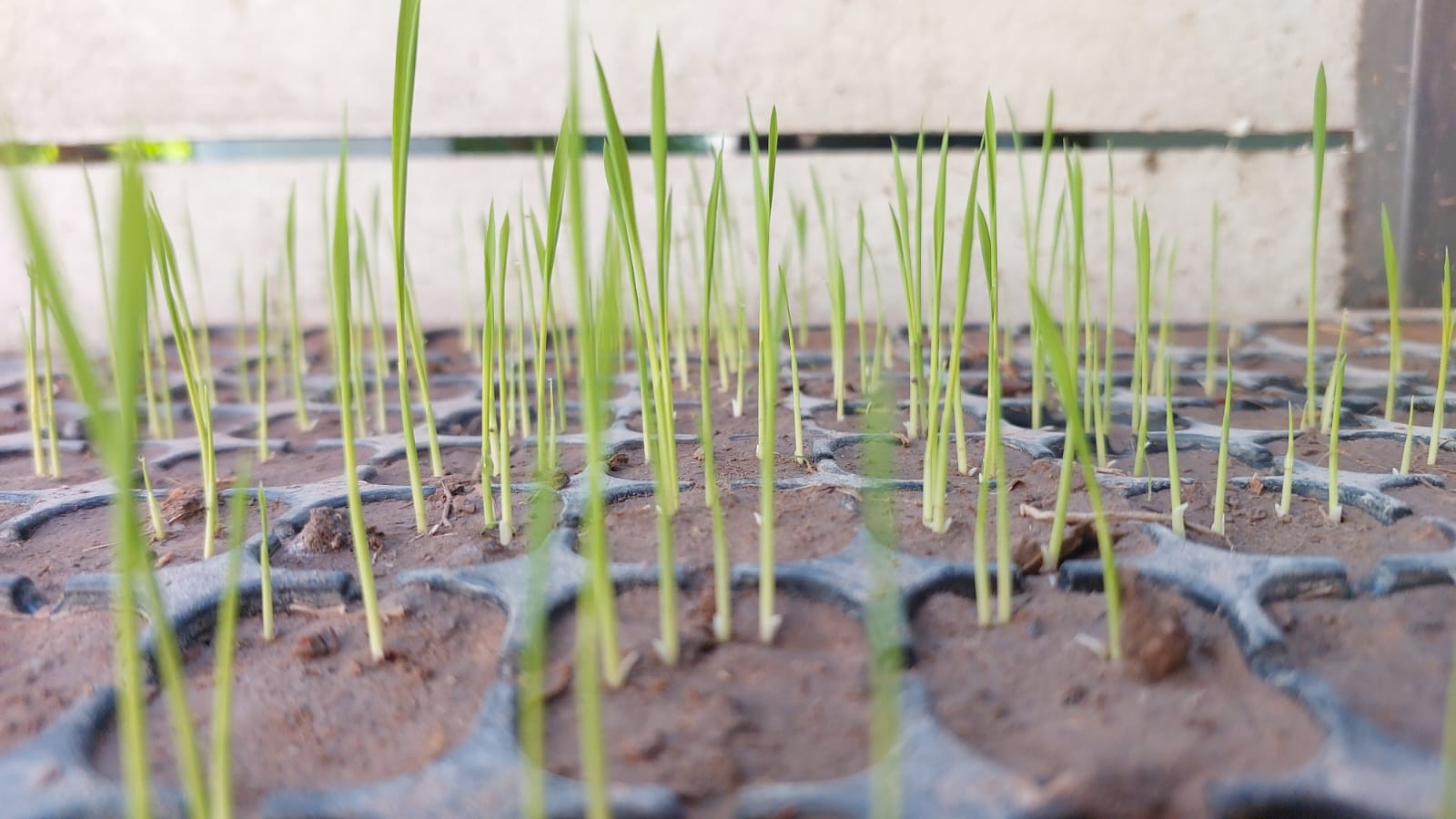The two-day workshop was organized by the ASEAN Secretariat, Ministry
of Interior of Thailand and UNDP, with cooperation from AIT’s ASEAN
Regional Center on Millennium Development Goals (ARCMDG).
The meeting deepened the consultation among member countries on the
situation of the Millennium Development Goals and how to attain them. A
study report introduced at the workshop titled “Poverty Reduction and
Social Development in ASEAN: Towards an ASEAN Roadmap for the
Implementation of the Millennium Development Goals” outlined how to
achieve the MDGs in ASEAN.
“In order to be obtained, the Millennium Development Goals need to be
localized and the beneficiaries must be empowered,” said Dr. Sandro
Calvani, director of ARCMDG. “The MDGs cannot be something that belongs
to governments or international organizations. It has to be something
which belongs to people,” he said.
Dr. Sandro Calvani explained: “People must be put at the center or
development process and must feel to be at the center so that they can
decide that the next generation will no longer be in poverty. That is
the only way to put poverty in the past and end the poverty by
2015.”
The report authored by Kimberley McClean, Peter Warr, and Stephan
Lorenzen presents recommendations for supporting ASEAN Member States
(AMS) to achieve their MDGs in a timeframe culminating in 2015. The
MDGs in the roadmap were presented in five categories: advocacy and
linkages; knowledge; resources; expertise; and regional cooperation and
public goods.
Recommendations were prioritized and a timeframe was suggested in the
roadmap. The recommendations and the roadmap were the product of
discussion amongst representatives from the ASEAN Member States, except
Singapore, who were present at the regional workshop held on 28-29
April 2008.
Responsibilities for each recommendation are also indicated in the
roadmap and have been allocated from within the existing ASEAN
structure. AMS participants agreed that existing ASEAN mechanisms would
be utilized for implementing the study.
While the broad recommendations presented in the report may contribute
to the achievement of the MDGs in the ASEAN region, according to the
report authors many other variables, such as petrol prices, rice
prices, and natural disasters, can have a considerable impact on the
achievement of MDGs within individual AMS and across Southeast Asia.
Such variables are largely outside the control of ASEAN and of AMS,
officials said.








